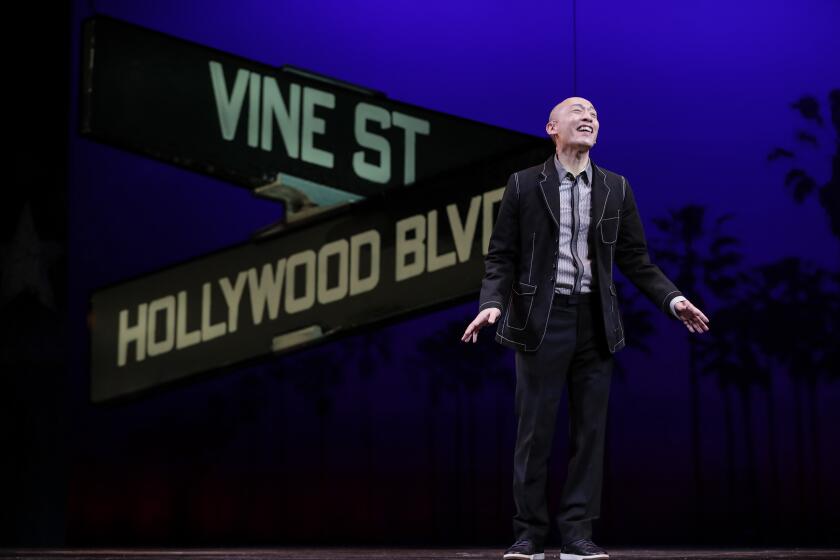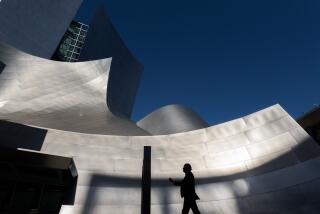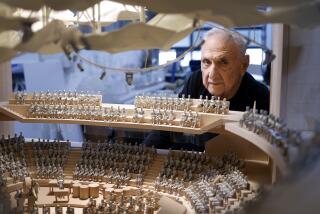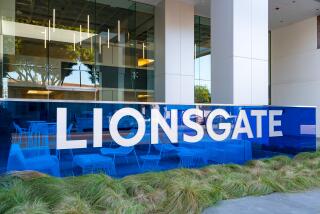L.A.’s Music Center hopes new UL ‘Healthy Building’ label eases COVID-19 fears
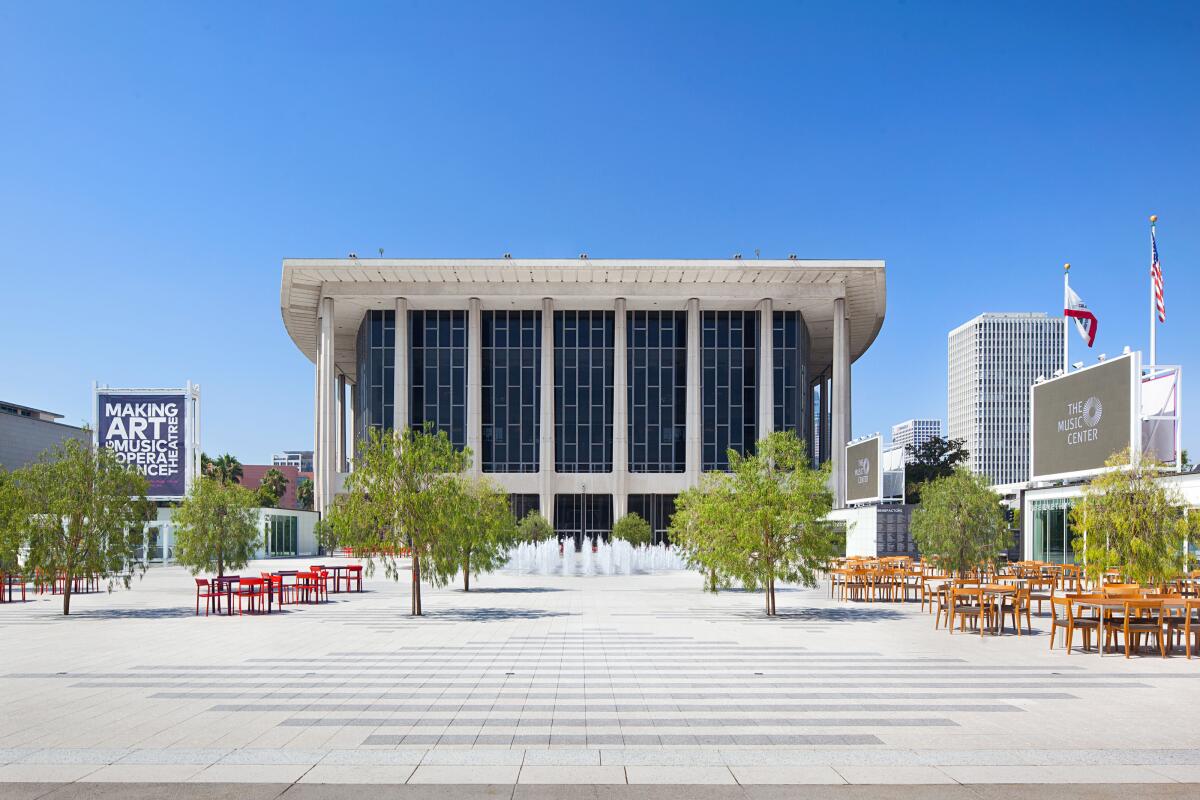
The Music Center in downtown Los Angeles is expected to announce Thursday that it is the first performing arts organization in the country to receive a UL “healthy building” verification, representing high standards for air quality at four venues — Walt Disney Concert Hall, Dorothy Chandler Pavilion, Mark Taper Forum and Ahmanson Theatre.
Don’t throw away your mask just yet, though.
“This isn’t necessarily a COVID program. It’s not about putting up a force field for keeping a building completely safe from COVID. You can’t do that,” said Sean McCrady, director of assets and sustainability, real estate and properties at UL, the safety science company that issues the Verified Healthy Buildings for Indoor Air Verification Mark, which will be posted at the entrances of Music Center venues.
McCrady reiterated the scientific consensus that air purification and good ventilation can reduce airborne germs in indoor spaces. In September the Centers for Disease Control and Prevention updated its guidance to say the coronavirus spreads most commonly through the inhalation of droplets and tiny respiratory particles that can remain suspended in the air.
The UL verification program emphasizes filtration, ventilation and the overall hygiene of air systems and of buildings in general. Buildings are required to use MERV 13 air filters, which remove particles between 1 and 5 microns. The coronavirus is smaller than that, but McCrady said the filter has an 85% efficacy rate and captures much of the particulate matter to which the virus hitches itself. Prior to COVID-19, the industry standard was the lower-performing MERV 8 filter.
UL verified buildings must bring in fresh air and move it effectively around the space. The Music Center will be facilitating four to six air changes per hour, which is recommended by the American Society of Heating, Refrigerating and Air-Conditioning Engineers. That means the air volume of a building will be replaced an average of every 10 to 15 minutes.
Theaters and other arts groups big and small scramble to make COVID-safe plans, but in many cases the rules are still murky.
The more a venue turns over the air in its space, McCrady said, the more that air is running through the MERV 13 filter as well.
The hygiene of the air filtration and ventilation systems also is crucial. If mold spores or fibers are present, the technology won’t work as it should.
“Preventative maintenance makes for a system that operates better and provides better air quality,” McCrady said, adding that UL also looks at the chemicals used in the cleaning of the space and makes sure that they don’t pollute the air.
UL will test a venue’s air quality when all the requirements have been met and will return at least once a year to make sure systems are operating as they should. Verification lasts for one year and must be renewed.
The Music Center hopes the UL verification will help to maintain the trust of audiences, said Chief Operating Officer Howard Sherman. The verification is another layer of safety, just like wearing a mask, washing hands and getting vaccinated.
If the science surrounding the virus and how to protect against it changes, or if the CDC or more local health officials issues new guidance, the Music Center intends to pivot too, Sherman said.
“I want people to rest assured that we are doing everything that we need to do,” Sherman said, adding that the Music Center will reopen only when it’s safe. “This is an ongoing process. We will not be stopping when we open our doors.”
What role can art play in opening eyes to the humanity of people different from ourselves? After the Atlanta-area shootings, the answer is urgent.
UL introduced its verification program in September. Prior to that the company issued recommendations. McCrady said the Music Center had worked with UL for years prior to the pandemic, so the organization was in good shape to elevate its air-quality systems — a process that took about four months to complete.
“I can say with confidence,” McCrady said, “that you’re certainly much better off coming into a space that is managing this stuff, than if this stuff wasn’t being done.”
More to Read
The biggest entertainment stories
Get our big stories about Hollywood, film, television, music, arts, culture and more right in your inbox as soon as they publish.
You may occasionally receive promotional content from the Los Angeles Times.

